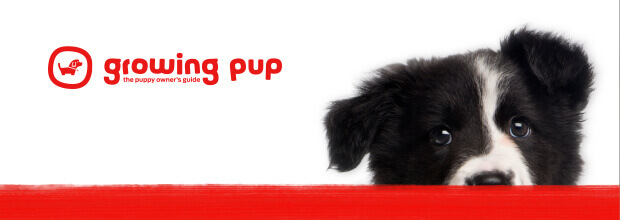History and Origins
Country of Origin: Germany
Known as the Grey Ghost, the Weimaraner’s origins spring form the court of the Grand Duke Karl August of Weimar sometime around 1810. His aim was to breed a perfect hunting dog and so crossed German Pointers, French Hounds and Bloodhounds to produce a dog that would be as happy hunting bears as they would be birds. He also wanted a head-turning dog that would be a status symbol for the nobility.
The breed was closely guarded in Germany, until just before the outbreak of the second world war, when a breeder managed to acquire a male and two females and take them to the US. In 1943, the AKC recognised the breed but it wasn’t until the 1950s that they made their way to the UK.















